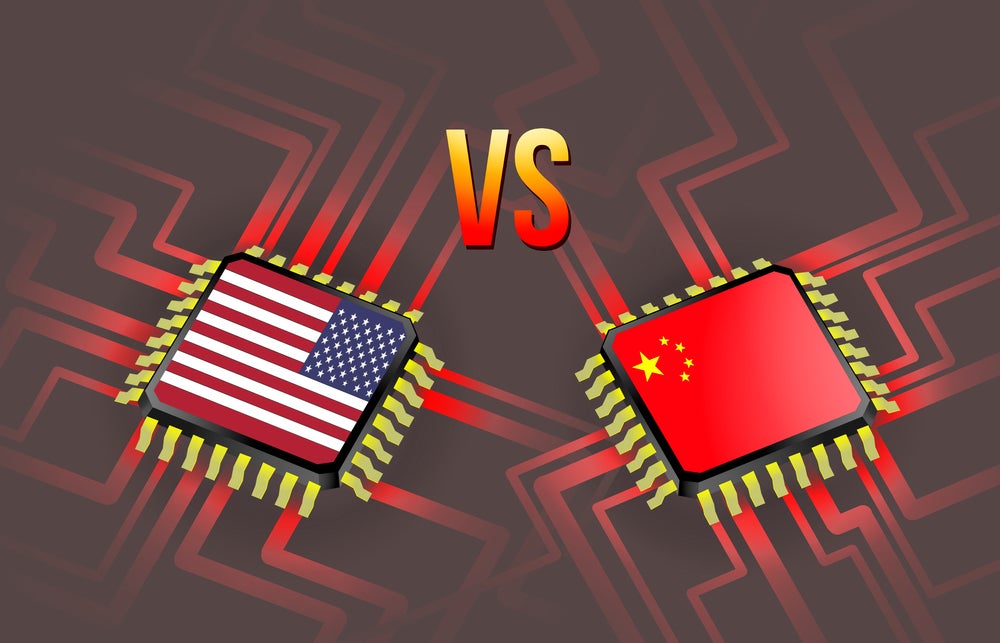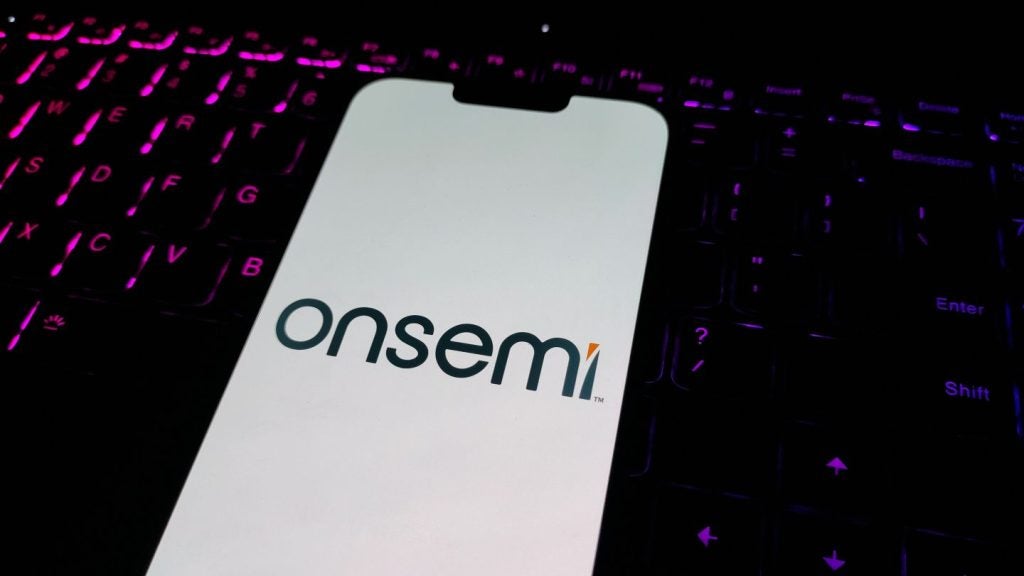One of the highlights of a recent day spent at the Bett education show in London was a passionate talk by Vibeke Fængsrud, the founding chief executive of Norwegian edtech company House of Math.
The title was “AI is Changing Education: Is the Digital Learning Revolution finally here?” and it followed hard on the heels of recent developments in generative AI and large language models (LLMs) such as ChatGPT or Google Bard. Fængsrud’s starting point was that for decades we have been promised that technology will revolutionize education and make learning easier for all. But too often, such promises have fallen short.
From radios to televisions to the internet, each major innovation has failed to live up to its promise. Now, one of the themes behind Fængsrud’s talk was that we are being sold on the idea that AI will be the magic bullet that finally transforms education as we know it.
And yet, it is up to us to ensure that AI is harnessed in a way that benefits all learners. Will AI only serve to further empower the already strong, leaving behind those who are less fortunate? The gap between learning leaders and laggards is now put at around five years. With AI, the gap could widen. Will AI be the key to unlocking the potential of every learner? We’re not sure.
Government direction for education
The interest in ChatGPT coincided with the UK’s Department for Education (DfE) recently putting out a position statement on generative AI and large language models (LLMs).
It stated that when used appropriately, technology (including generative AI), has the potential to reduce workload across the education sector and free up teachers’ time, allowing them to focus on delivering excellent teaching. It admits that recent advances and open access to the technology mean that the public can now use this technology to produce AI-generated content. That poses opportunities and challenges for the education sector.
The DfE warned that personal and sensitive data must be protected and therefore must not be entered into generative AI tools; that education institutions should review and strengthen their cyber security, particularly as generative AI could increase the sophistication and credibility of attacks; and that they must continue to protect their students from harmful content online, including that which might be produced by generative AI.
Do not ban ChatGPT, teach with it
While some would ban ChatGPT in schools, others argue that this is the wrong move.
In an article for the New York Times, the author, Kevin Roose wrote about how they had given a talk about AI to a group of K-12 teachers and public school administrators dealing with how schools would need to adapt to prepare students for a future filled with all kinds of capable AI tools. While there were worries about cheating and the risk of ChatGPT producing misleading answers, one high school teacher said he had used ChatGPT to evaluate a few of his students’ papers and found that the app had provided more detailed and useful feedback on them than he would have, in a fraction of the time.
The article discussed how schools should “thoughtfully embrace” ChatGPT as a teaching aid to unlock student creativity. One Oregon high school teacher assigned students to use ChatGPT to create outlines for their essays comparing two 19th-century short stories. Once the outlines had been generated, her students had to put their laptops away and write their essays longhand.
The optimum way forward probably lies somewhere between those who urge caution on using ChatGPT, and those who advocate adopting it in a limited way. So, in response to the question “AI is Changing Education: Is the Digital Learning Revolution finally here?”, I think we can say, probably. But wait until the end of the lesson.








